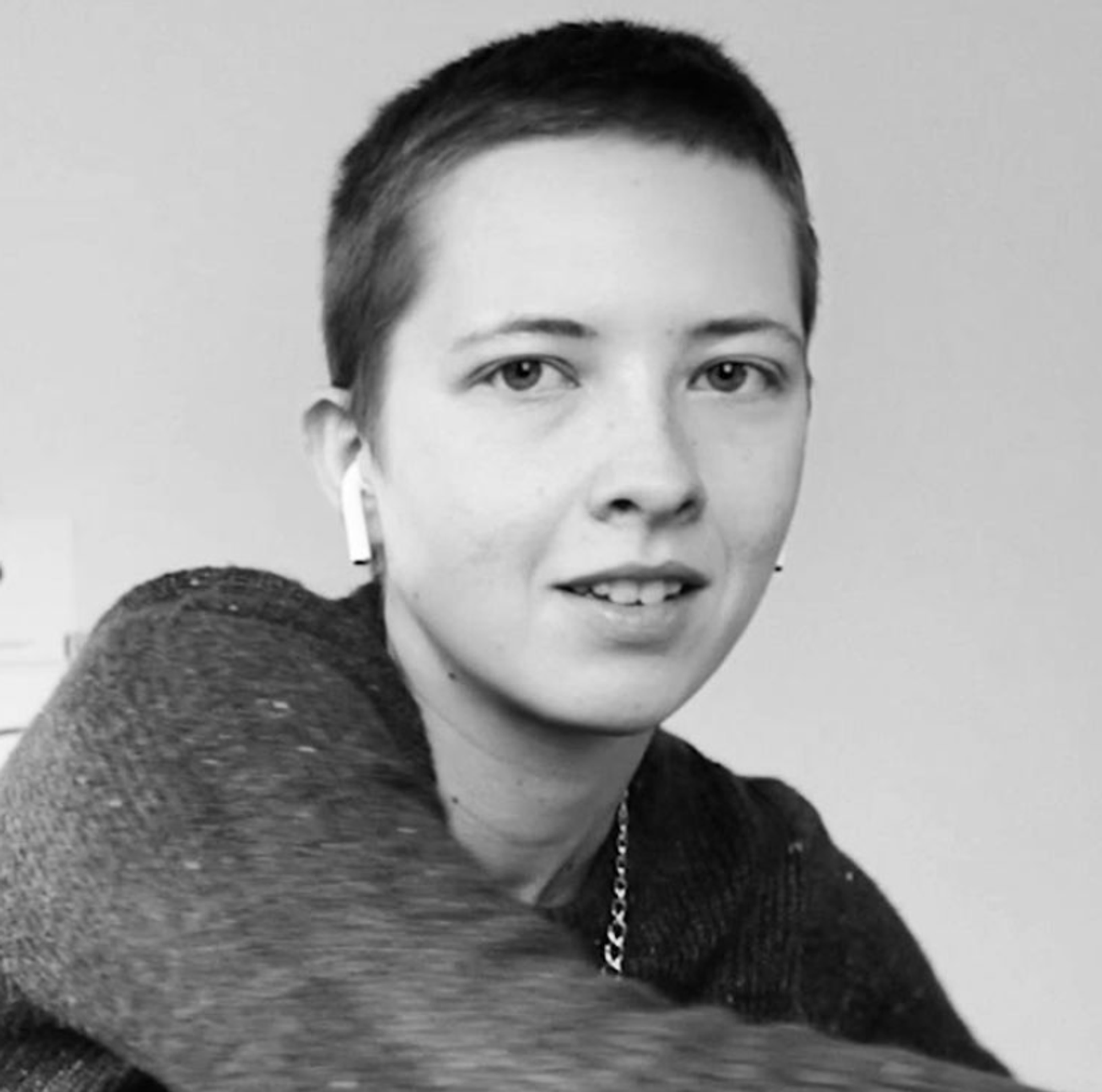Hi, Hello! My name is Sarah - the writer behind redgregory.com.

1. Zettelkasten
- A system that relies on connectivity over categorization. In this system one favors connecting notes to one another and/or making connections via tags. This is a webbed approach that would be a direct contrast to a classic "folder" system. Zettelkasten In Notion
2. Cornell Method
- Notion has its own Cornell template. Cornell Notes System. This is a recall method that prompts the user to make two columns. One for recall, and one for notes. The recall side asks the user a question, states keywords or phrases. The notes side answers the question or defines the keyword. At the bottom, a summary box sits to further retain information via paraphrasing.
3. Outlining Method
- The classic hierarchy approach to note-taking can be easily achieved with Notion's bullet-point layout and/or subpages. Every subpage nested inside a parent can be navigated via Breadcrumbs. Breadcrumbs help the user navigate up a note's hierarchy through its "parent" notes. Here is an example of an outline: Note Messages
4. Box & Bullet
- A note-taking method that utilizes a "box" to summarize a concept. Below the box are classic outline (bullet point) notes. These can be color-coded as well. Here's an example of my box method. Red's Box Method
My Book Notes Tips

In lieu of this week's video on book notes, here are some of my tips.
✓ Use contextual titles if the book's chapter or sub-chapter doesn't match the context of the note.
✓ Keep retrieval in mind when choosing whether or not something is noteworthy.
✓ I use tags, a date suffix before titles to navigate via daily documents, and link notes internally to create hubs of related content.
✓ Break down big concepts into small descriptors where appropriate. I tend to use this method rarely. This is probably due to the subject matter I prefer. I use a question format more often in the retention process. Open-ended questions push me outside the "memorization" bubble and forces me to think a bit more.



